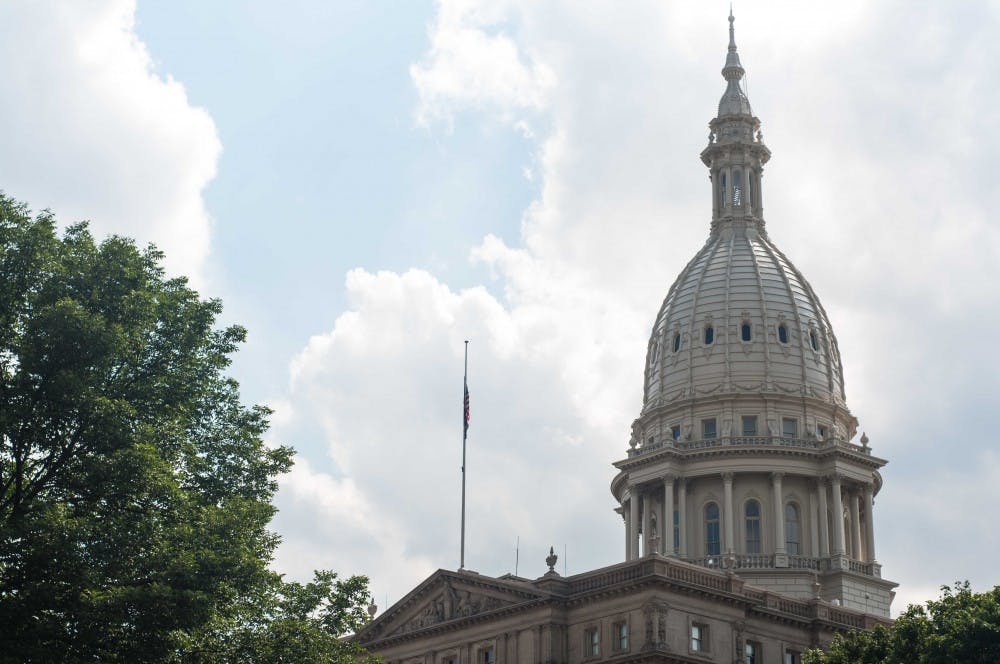Members of the Michigan Legislature voted Tuesday night to overhaul paid sick time and minimum wage ballot initiatives they passed earlier this year.
Under the original ballot initiatives, Michigan residents would have seen the minimum wage increase to $12 an hour by 2022 and would have received one hour of paid sick time for every 30 hours worked, up to 72 hours of sick time per year.
A separate tipped wage would have also been eliminated under the original law.
With the amendments approved by the Legislature today, Michigan's minimum wage would instead rise to $12.05 an hour by 2030; the tipped wage would rise to $4.58 an hour by 2030; and workers would receive one hour of paid sick time for every 35 hours worked, up to 40 hours of sick time per year.
Businesses employing fewer than 50 employees would be exempt from the paid sick time law, which could leave more than 1 million workers without opportunities to accrue paid sick time.
The changes to the amendments were made after Senate Majority Leader Arlan Meekhoff, R-West Olive, and House Speaker Tom Leonard, R-Dewitt, met with outgoing Gov. Rick Snyder earlier today.
The new changes are more in line with the original initiatives than amendments passed by the Senate earlier this week. Those would have caused the minimum wage rise to $12 an hour by 2030; tipped wages to rise to $4 an hour by 2030; and workers to receive an hour of paid sick time for every 40 hours worked, up to 30 hours a year.
Members of the House voted 60-48 on the updated amendments, and the Senate concurred with 26-12 votes. The amendments now go to Snyder for approval.
A spokesman for Snyder said the governor's meeting with top legislators shouldn't be classified as negotiations, and that the governor has not yet made a final decision about signing the amendments.
Legal action has previously been threatened by Mark Brewer, an attorney for the campaigns behind the two ballot initiatives.
At the center of the debate is a 1964 opinion issued by then-Attorney General Frank Kelley, which said the Legislature could amend ballot initiatives in a legislative session following the one in which they were passed.
But a new opinion issued today by Attorney General Bill Schuette says nothing in the state Constitution prohibits the Legislature from amending citizen-initiated legislation as they would any other law.
Schuette said his opinion supersedes the one issued by Kelley more than 50 years ago.
Brewer, a former chairman of the Michigan Democratic Party, reacted to the opinion on Twitter, saying “even a banana republic dictator would blush at these tactics” while calling Schuette a “partisan hack.”
Brewer said legal action is still on the table. MI Time to Care, the group behind the paid sick time initiative, has filed paperwork indicating they will launch another ballot drive in 2020.
If successful, the language of the proposal would be identical to the one passed by the Legislature this year.
Support student media!
Please consider donating to The State News and help fund the future of journalism.
Discussion
Share and discuss “House, Senate pass updated amendments to minimum wage, paid sick time” on social media.







